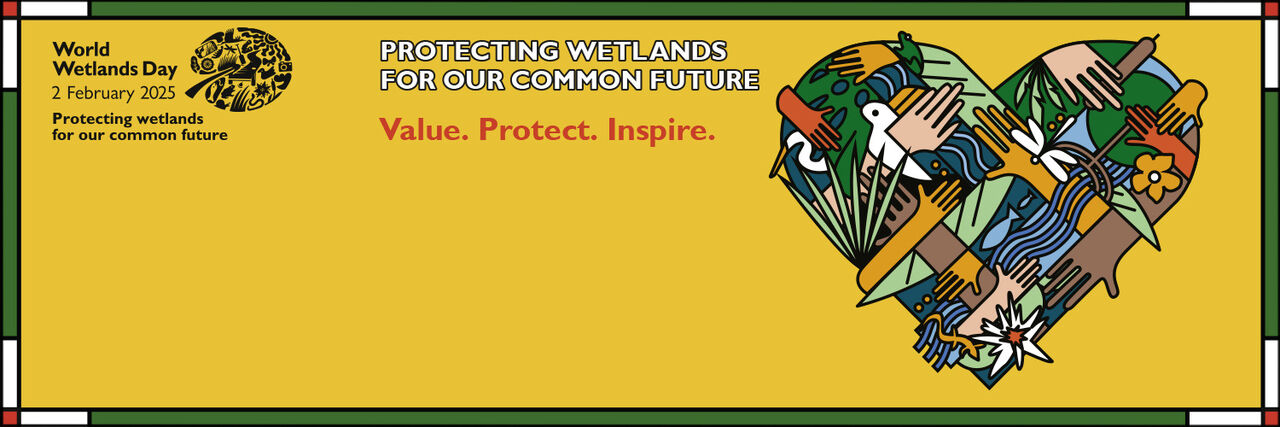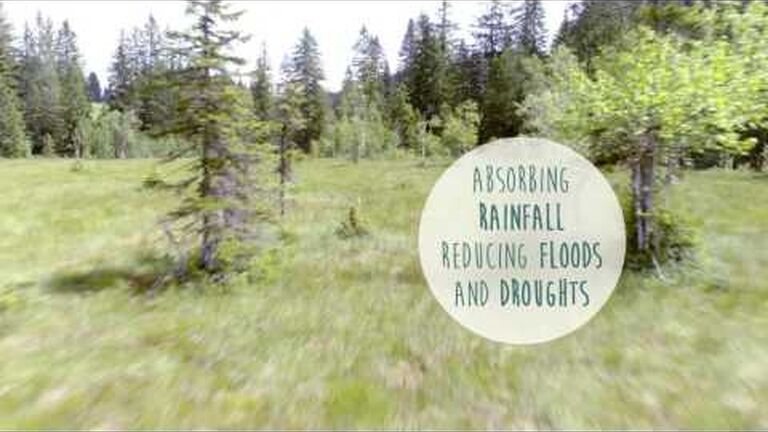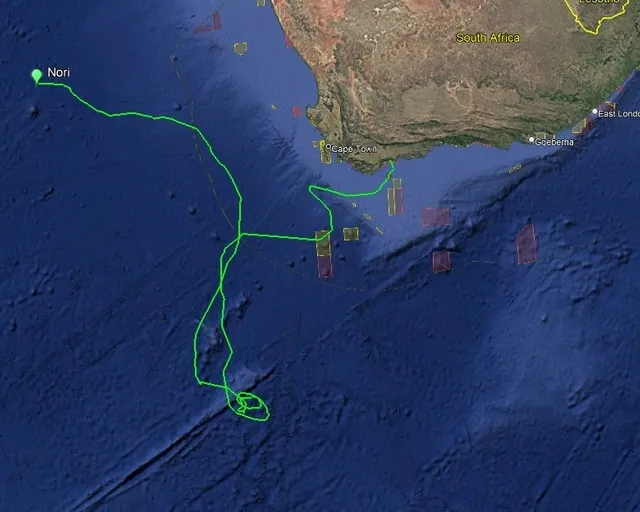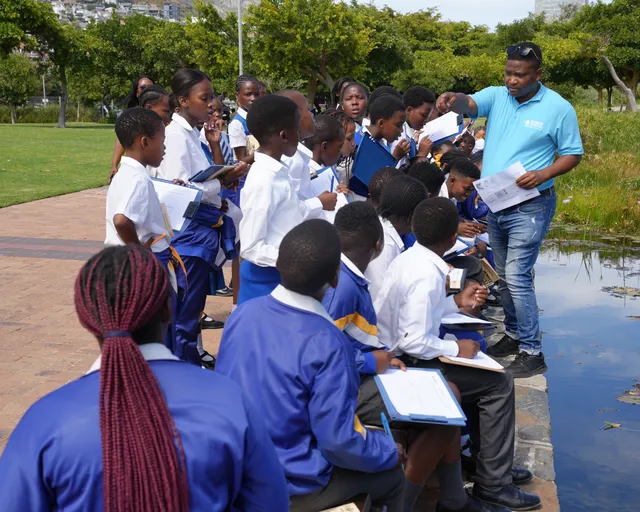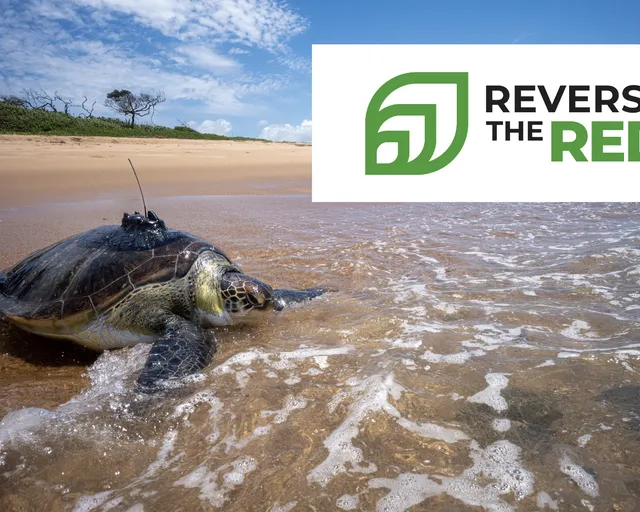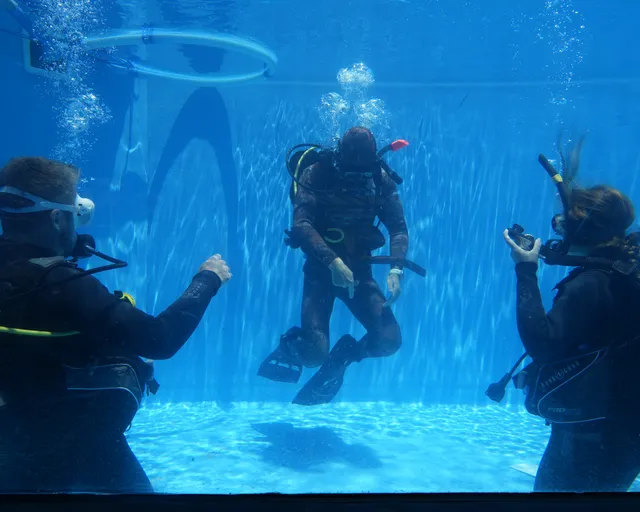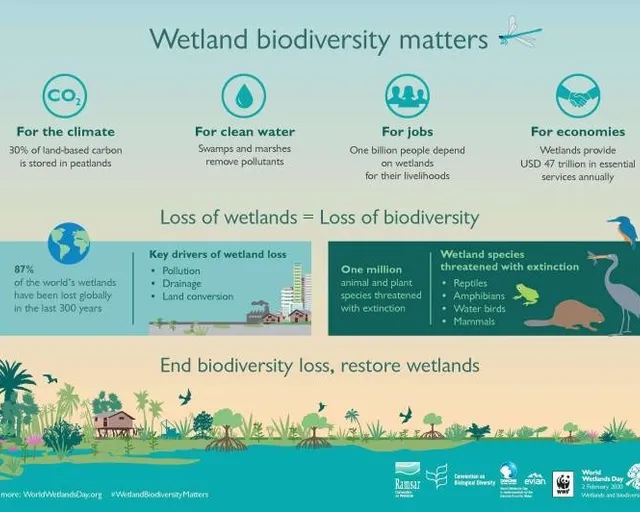Sunday 2 February 2025 is World Wetlands Day - a time to celebrate and protect the incredible biodiversity of these beautiful and vital South African habitats. Not only do wetland ecosystems support a host of animal and plant life - but they are critically important for the survival humans too, from the mitigation of Climate Change to the protection of human settlements from floods. If we protect wetlands, we also protect our planet and ourselves.
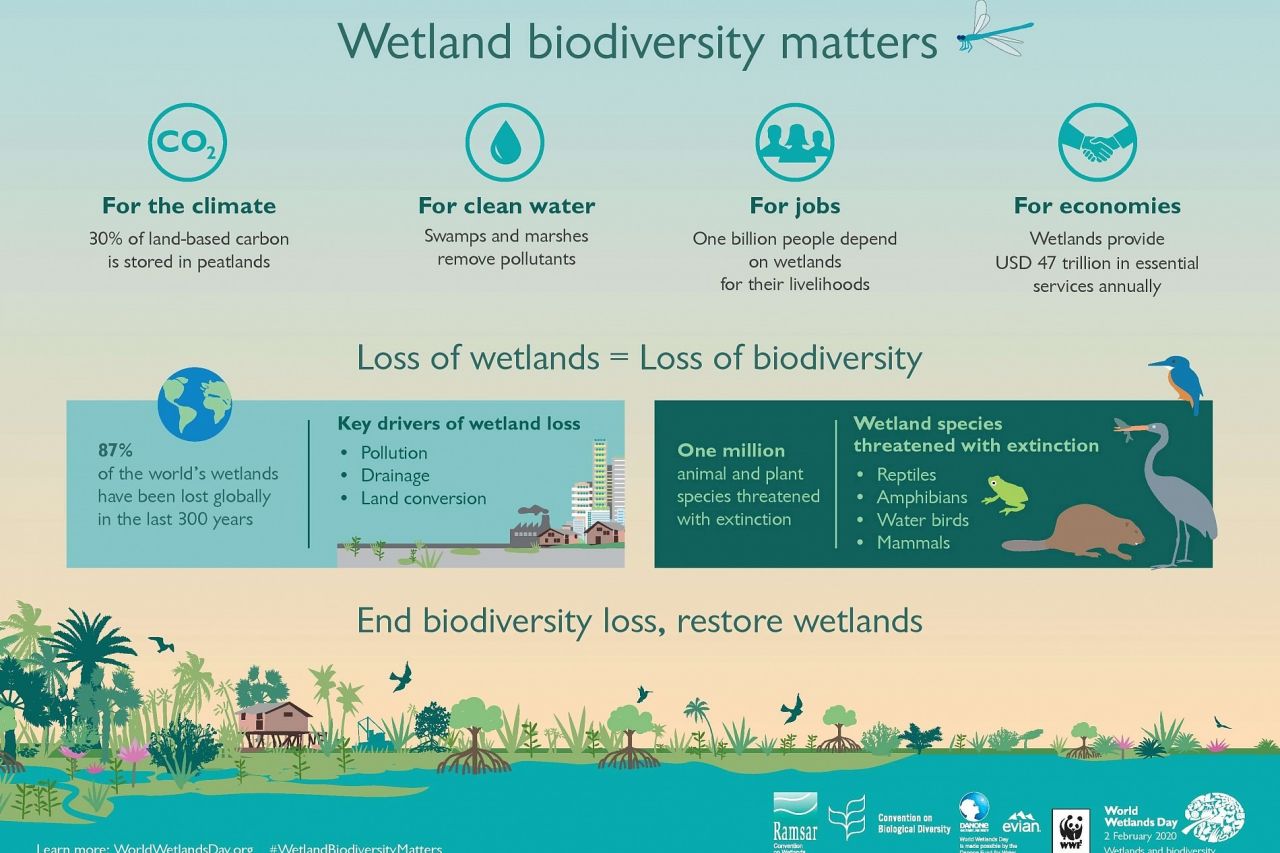
What is World Wetlands Day?
The Convention on Wetlands of International Importance was adopted in Ramsar 46 years ago, on 2 February 1971. That date is now celebrated globally as World Wetlands Day. The importance of wetlands was again declared by the United Nations, with the following statement:
"How can we reduce floods, droughts and water pollution? By using the solutions we already find in nature. The answer is nature!"
Wetlands occur in different environments around the world, and they all have divergent characteristics. However, they do all have one thing in common: they are extremely important habitats of rich biodiversity, and they have an important role to play in the lives of humans and animals alike.
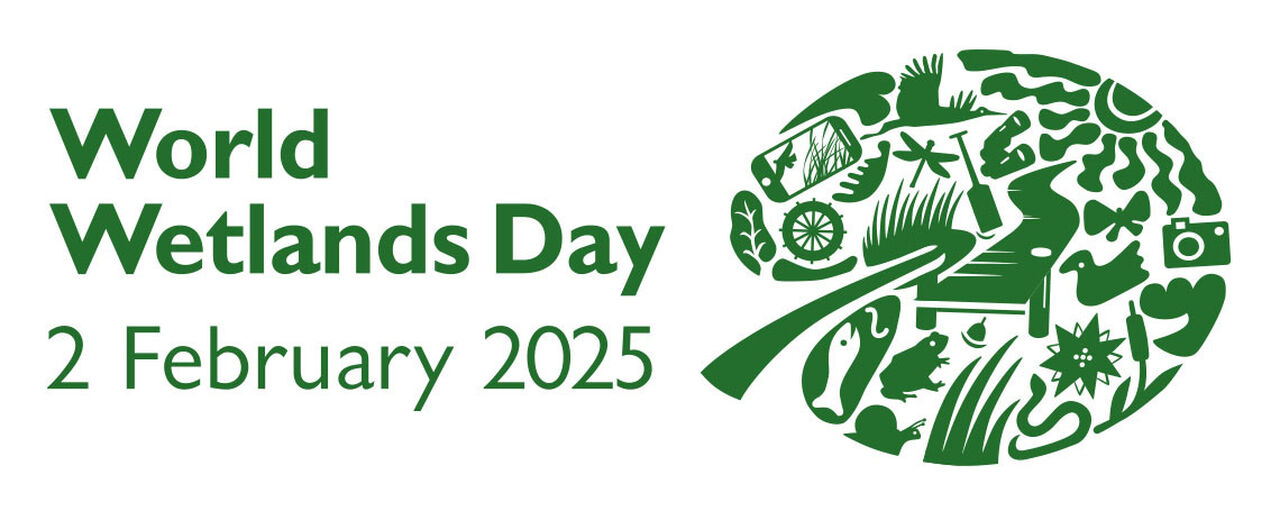
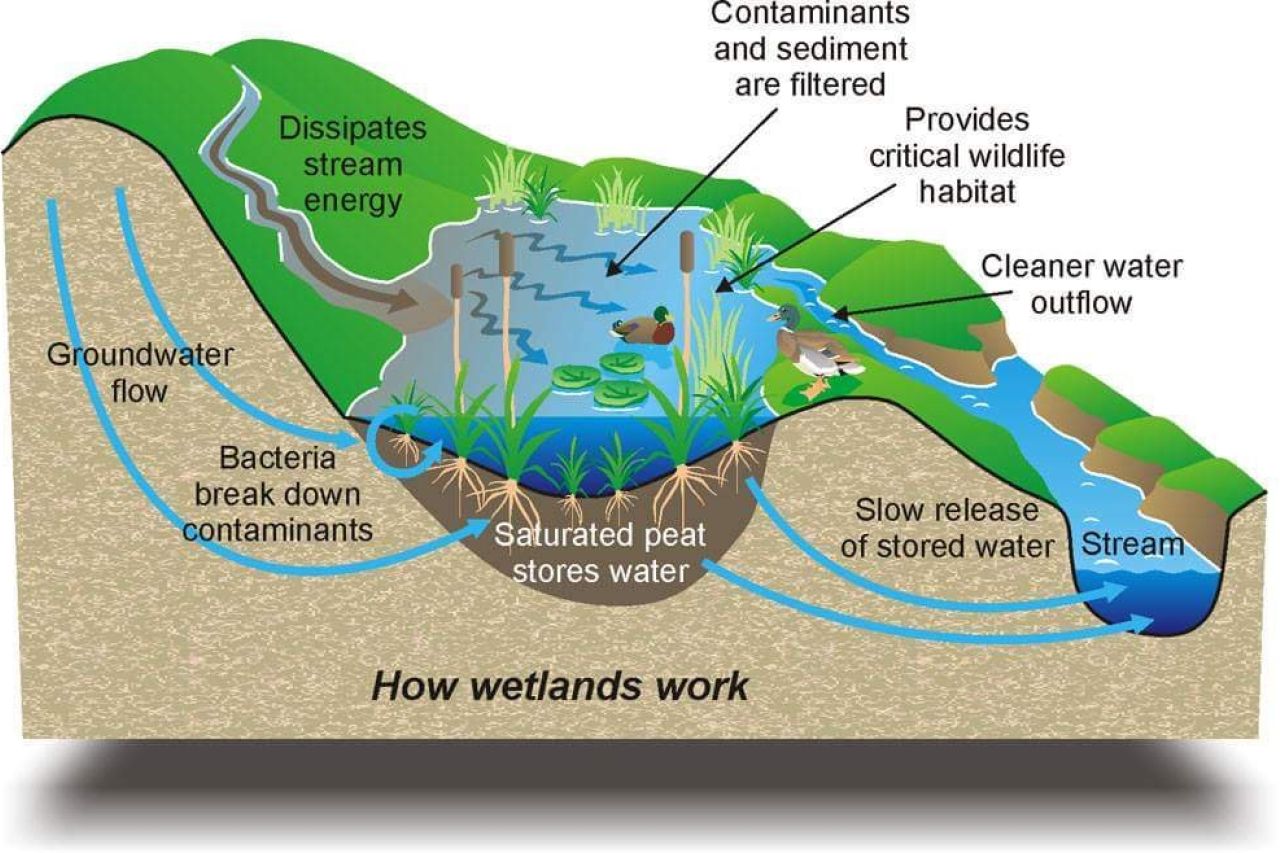
Whether it is called a marsh, swamp, vlei, bog, seep, fen or pan, a wetland is a unique ecosystem – an area of land saturated with water, either permanently or seasonally. It is usually home to many species of plants and animals.
Sadly, 50% of the world’s wetlands have been destroyed. Without suitable wetland habitat, many species could soon be homeless. Here are 11 reasons why you should care about wetlands:
1. Wetlands purify our water
Wetlands are great filters! They trap sediments and remove pollutants, which helps to purify water. This certainly beats expensive, human-made filtration systems.

2. Wetlands store our water to ensure supply during dry periods
Wetlands work like giant sponges. They store water and then slowly release it, and this helps to deal with dry seasons with little rainfall.

3. Wetlands can prevent floods
When rivers burst their banks, wetlands can store the excess water, and slow it down so it distributes more evenly over a floodplain. The roots of trees and other vegetation also help slow the speed of flood waters.

4. Wetlands recharge ground water
In the past, city planners either filled in wetlands areas or dammed them, adding pipes that would lead the water to the ocean as fast as possible. But now we know that wetlands allow water to soak into the ground, and to replenish the natural ground-water supply.

5. Wetlands help to control erosion
Sediments are also trapped by wetlands. In a semi-arid country like South Africa, the role of wetlands in trapping sediments, before the sediment-laden water joins a river course and just washes away, is really useful.

6. Wetlands provide shelter for juvenile fish
Fish larvae and fish fry (juveniles) use the calm, shallow waters of wetlands as a nursery.

7. Wetlands provide homes for animals and plants
Biodiversity is high around wetlands habitats. These areas provide food and shelter for many animals, in particular bird species such as herons, spoonbills and flamingos, and amphibians such as frogs.

8. Wetlands provide food for livestock
Wetlands provide good areas for grazing, and the variety of grasses, along with a supply of running water, can be beneficial to farming livestock.

9. Wetlands protect biodiversity
Many different kinds of creatures depend on wetlands – and on each other. The insects that are attracted to the plants provide food for other animals like fish, frogs and birds, who in turn attract other predators. The biodiversity of wetlands has produced some incredible specialist species that are only found in these habitats.

10. Wetlands provide locations for recreation
Zeekoevlei, Rietvlei Wetland Reserve and Rondevlei Nature Reserve are all examples of wetlands in Cape Town that people are able to visit and where they can enjoy nature walks, picnics, birding, fishing or even sailing. As more people flock to cities, these recreational spaces in nature become even more valuable.

11. Wetlands provide plants that can be used for houses and crafts
"Wetlands yield fuelwood for cooking, thatch for roofing, fibres for textiles and paper making, and timber for building. Medicines are extracted from their bark, leaves, and fruits, and they also provide tannins and dyes, used extensively in the treatment of leather," according to the World Wide Fund for Nature.

Where to see wetlands in Cape Town
In South Africa, most natural wetlands areas have been destroyed. In Cape Town, the remaining few are threatened by housing developments, agriculture, invasive flora and fauna, sewerage effluent and stormwater and agricultural run-off.
However, there are some spots that have been cared for, and are worth a visit.
Rietvlei Wetland Reserve
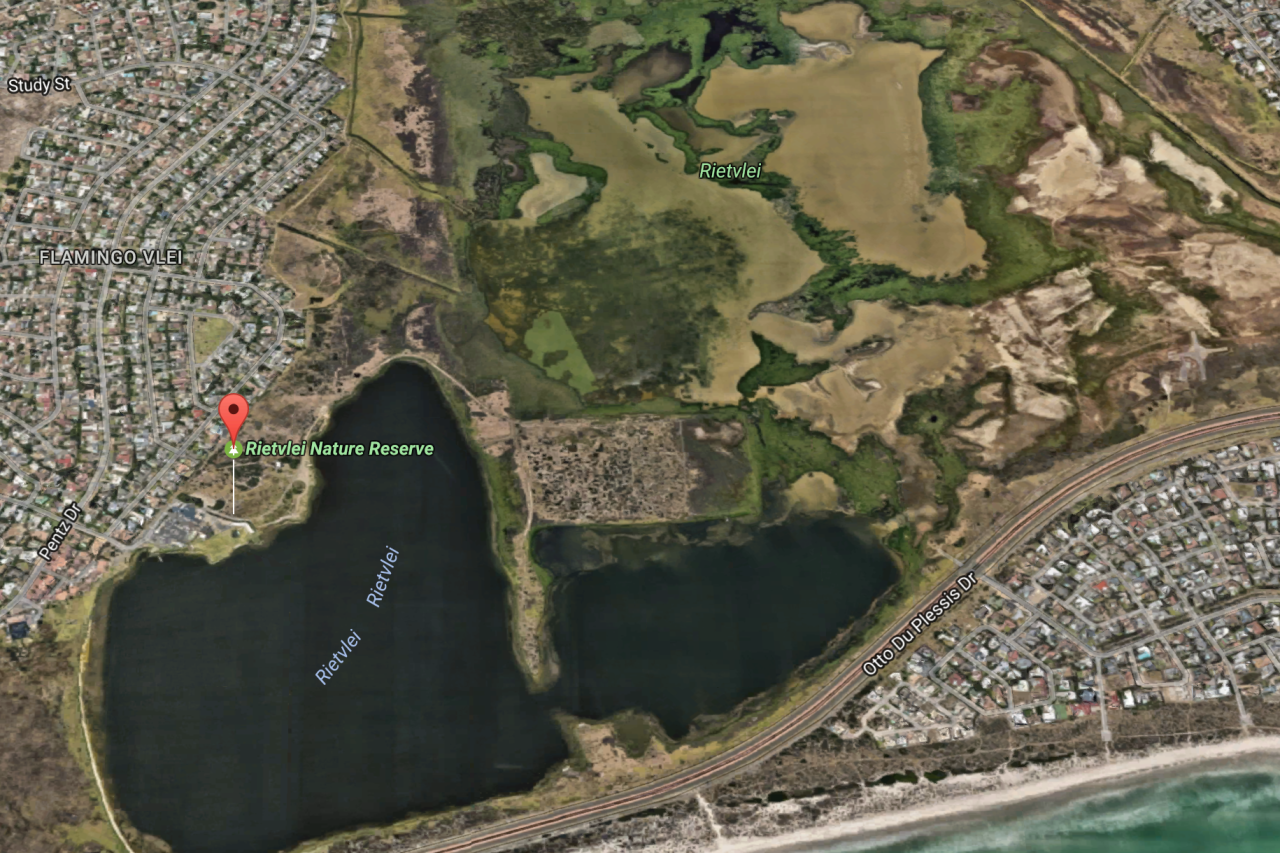
Rondevlei Nature Reserve
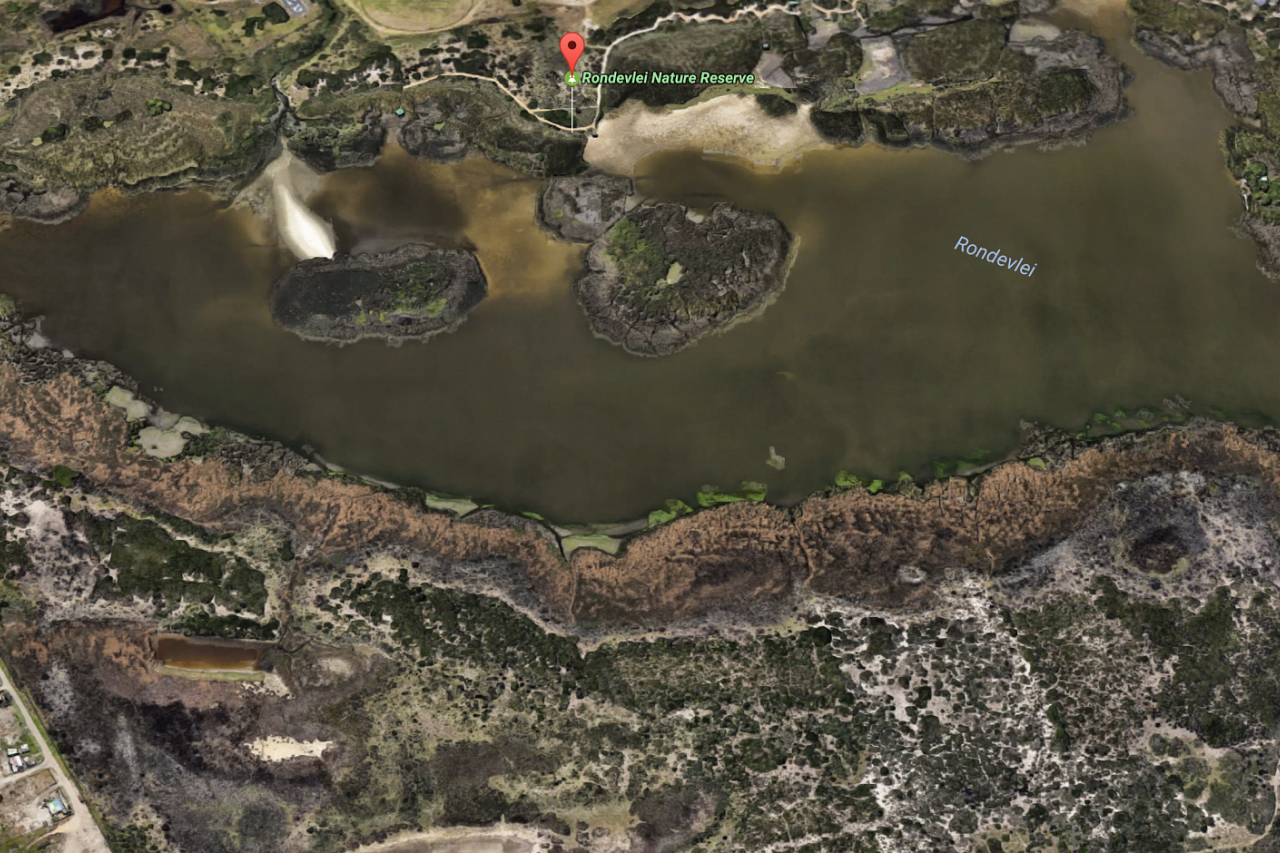
Zeekoevlei Nature Reserve
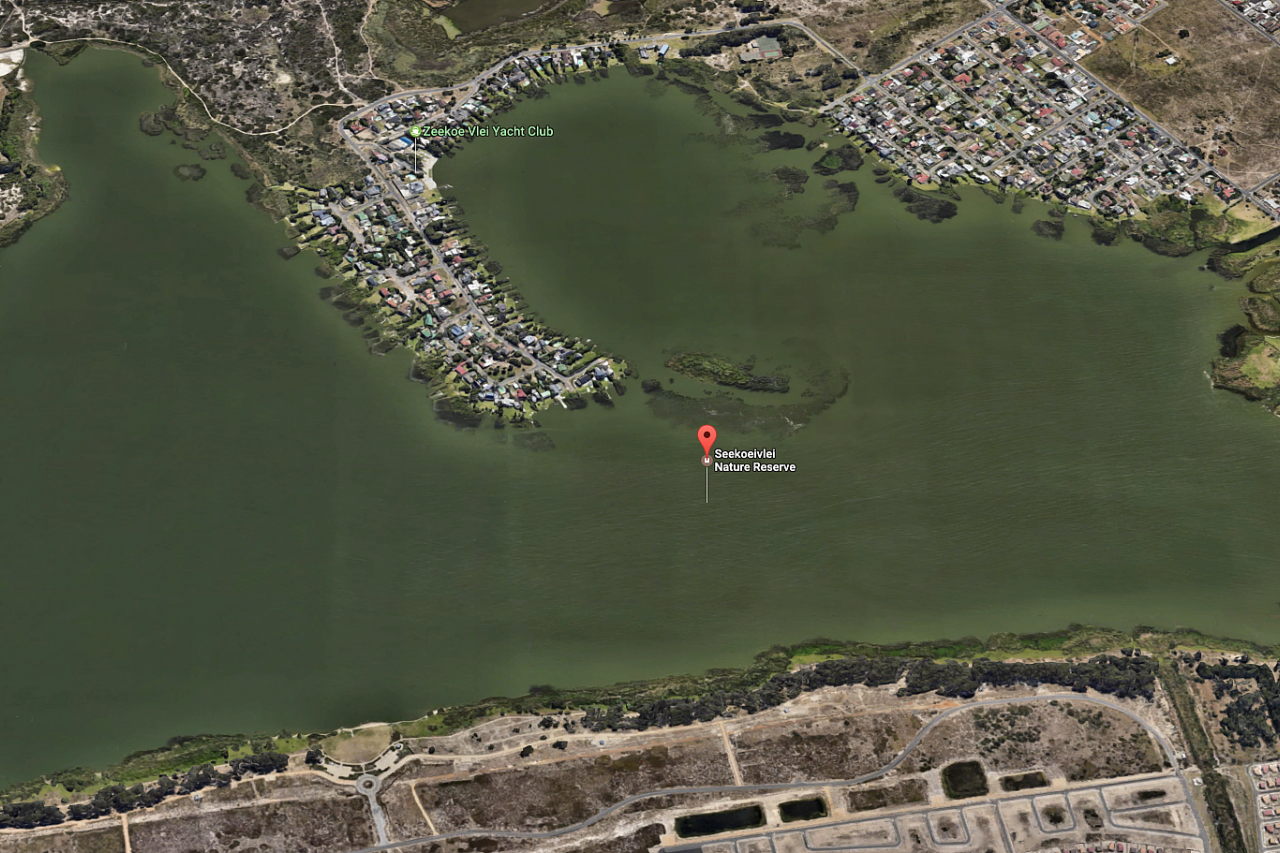
Zandvlei Estuary Nature Reserve
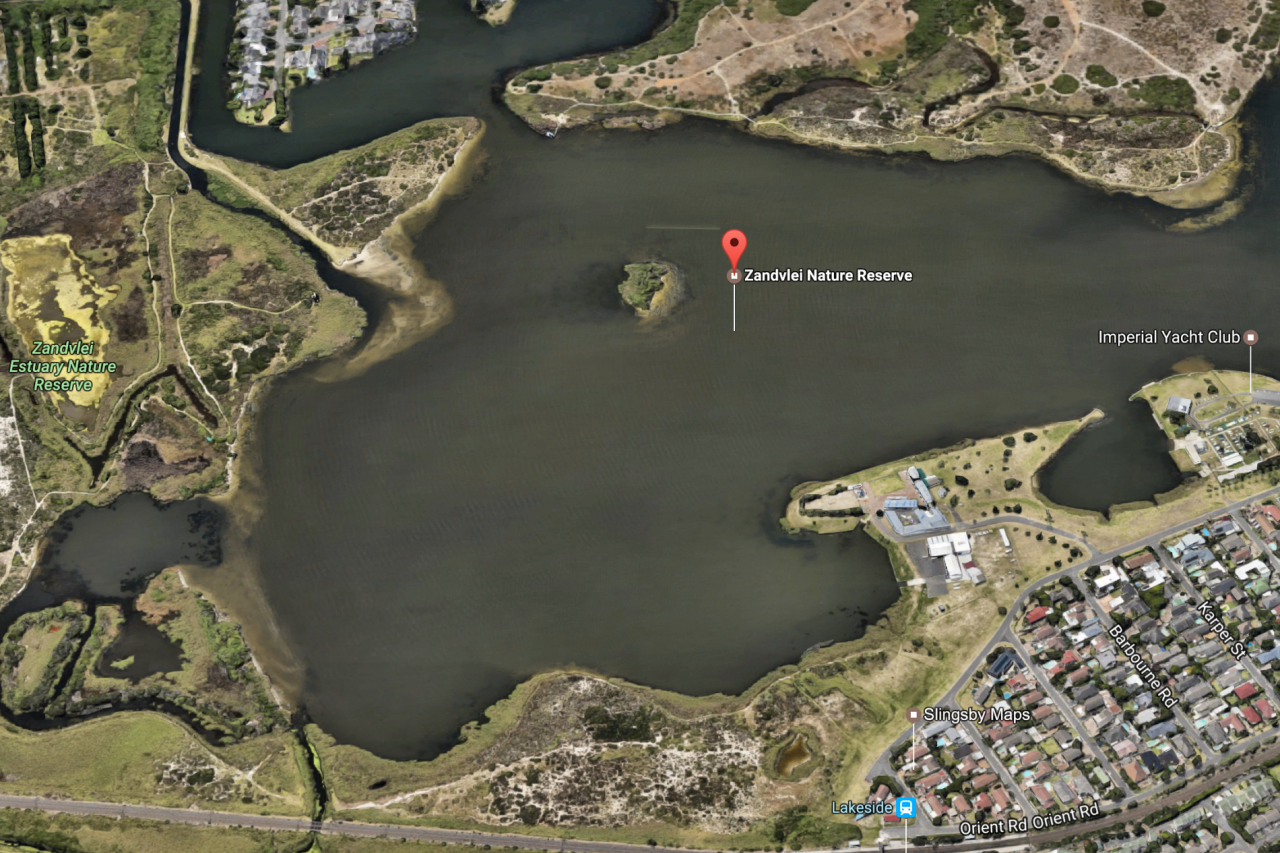
Green Point Urban Park
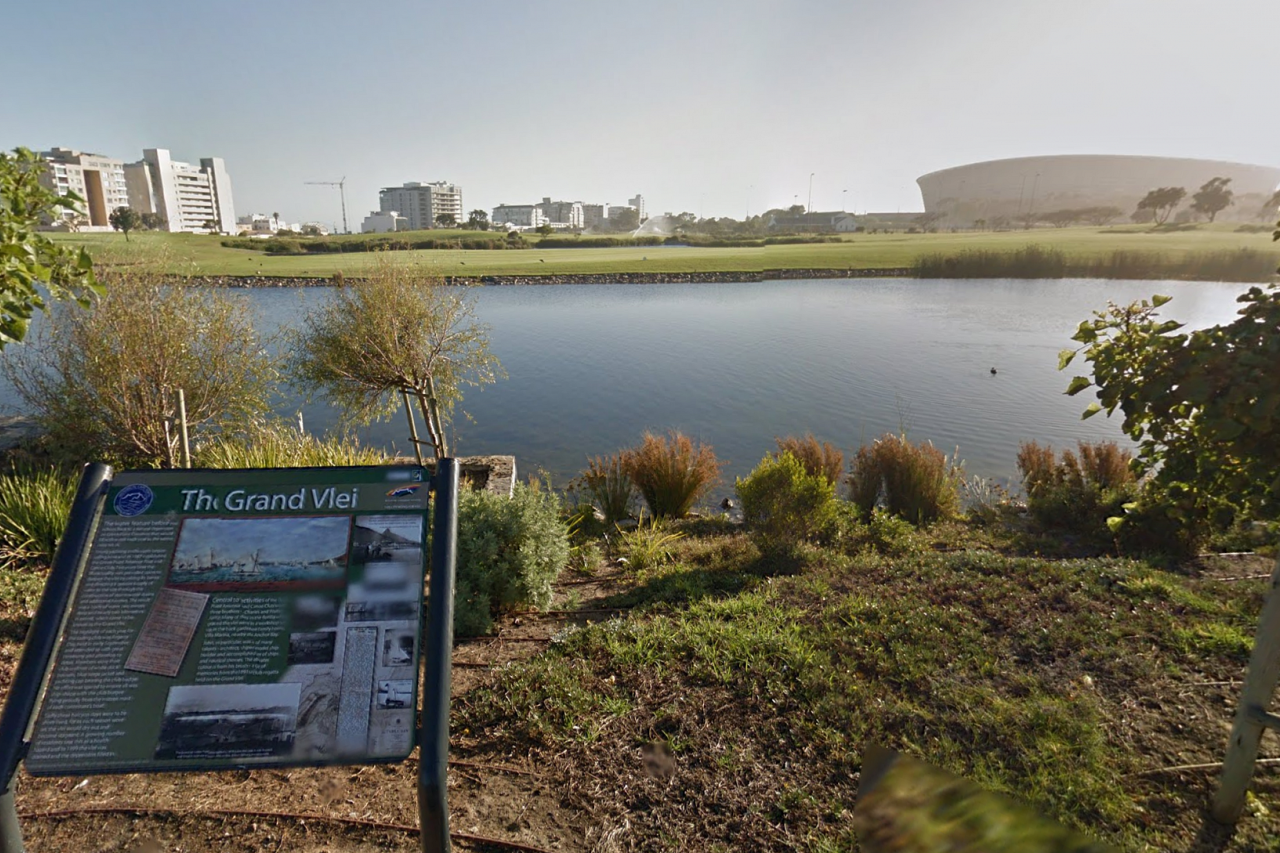
Khayelitsha Wetlands Park
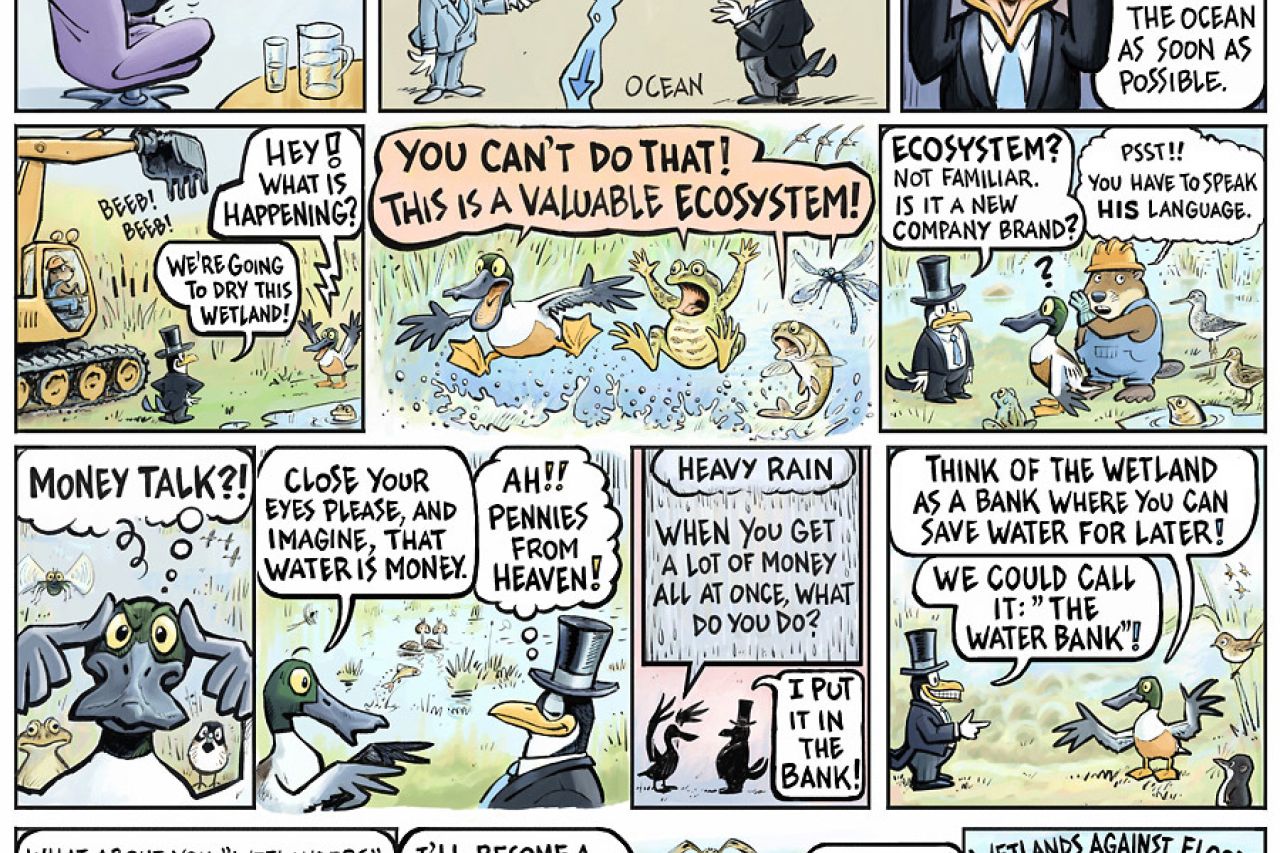
What can I do to help wetlands?
- Visit the Two Oceans Aquarium and check out our Penguin Exhibit, containing a river meander, tracing the journey of a pristine river from its mouth to its origin high up in the mountains. You will be able to see some of the animals that live in wetland areas here
- Explore a wetland area near you (check out the ones above if you live in Cape Town, or find others in the Western Cape) and learn about their value
- Use biodegradable products to clean your house (and yourself)
- Use organic products in your garden
- Save water – one drop wasted is a drop too much!
- Tell others about the importance of wetlands – share this blog post on Facebook or Twitter or email it to a friend
- Visit worldwetlandsday.org to find out more
Our hope is that future generations will be able to enjoy seeing wetland animals and plants in their natural habitat – and not just in an aquarium.
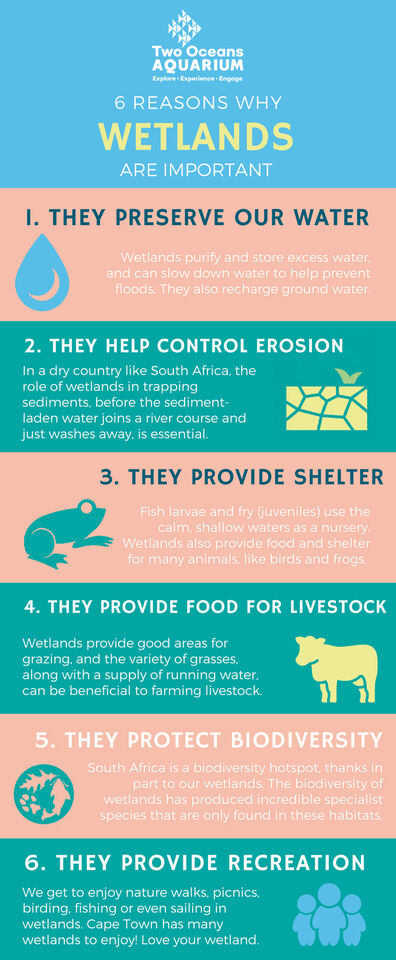
Related News
Sign up to our Newsletter
Receive monthly news, online courses and conservation programmes.
